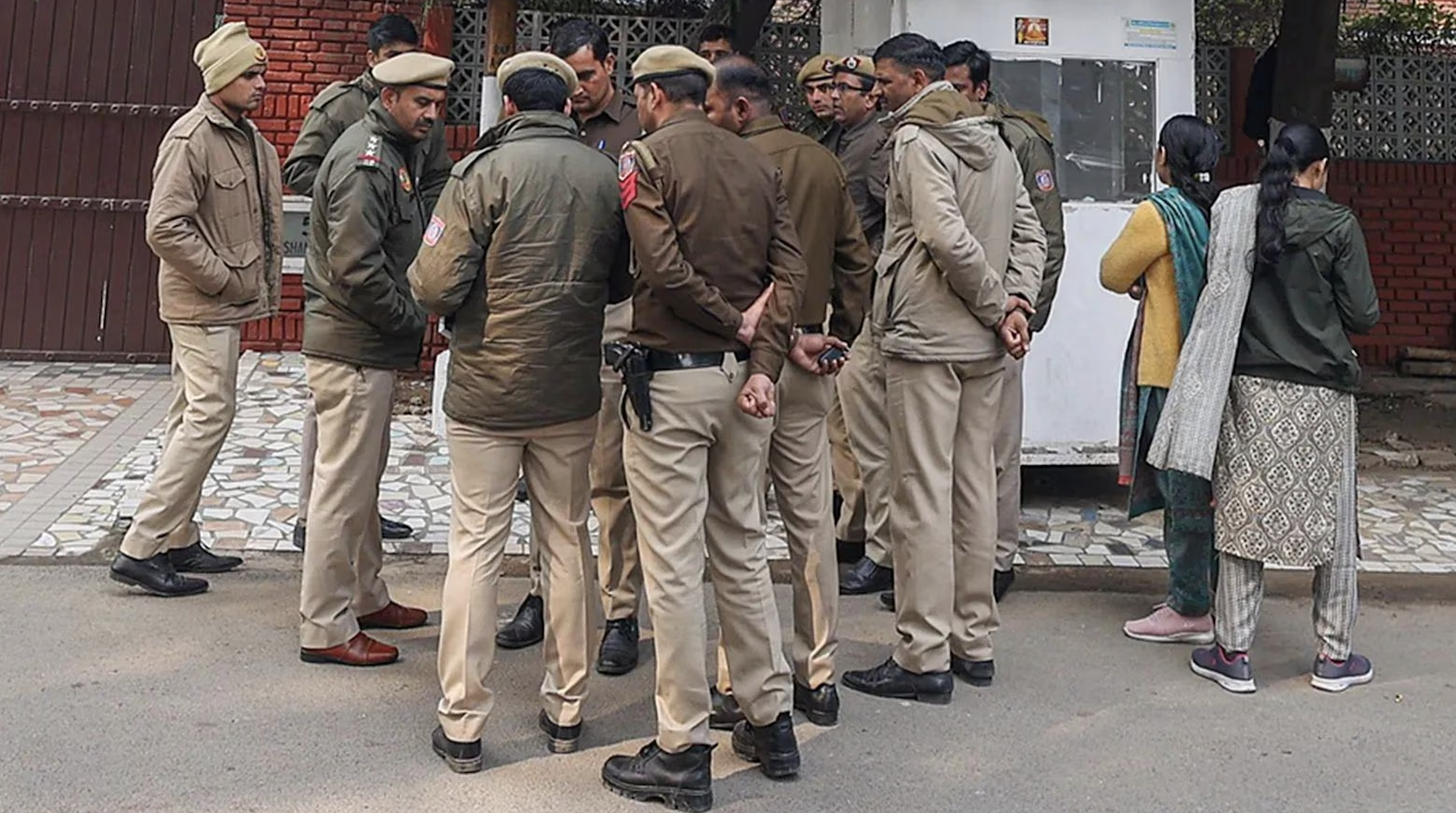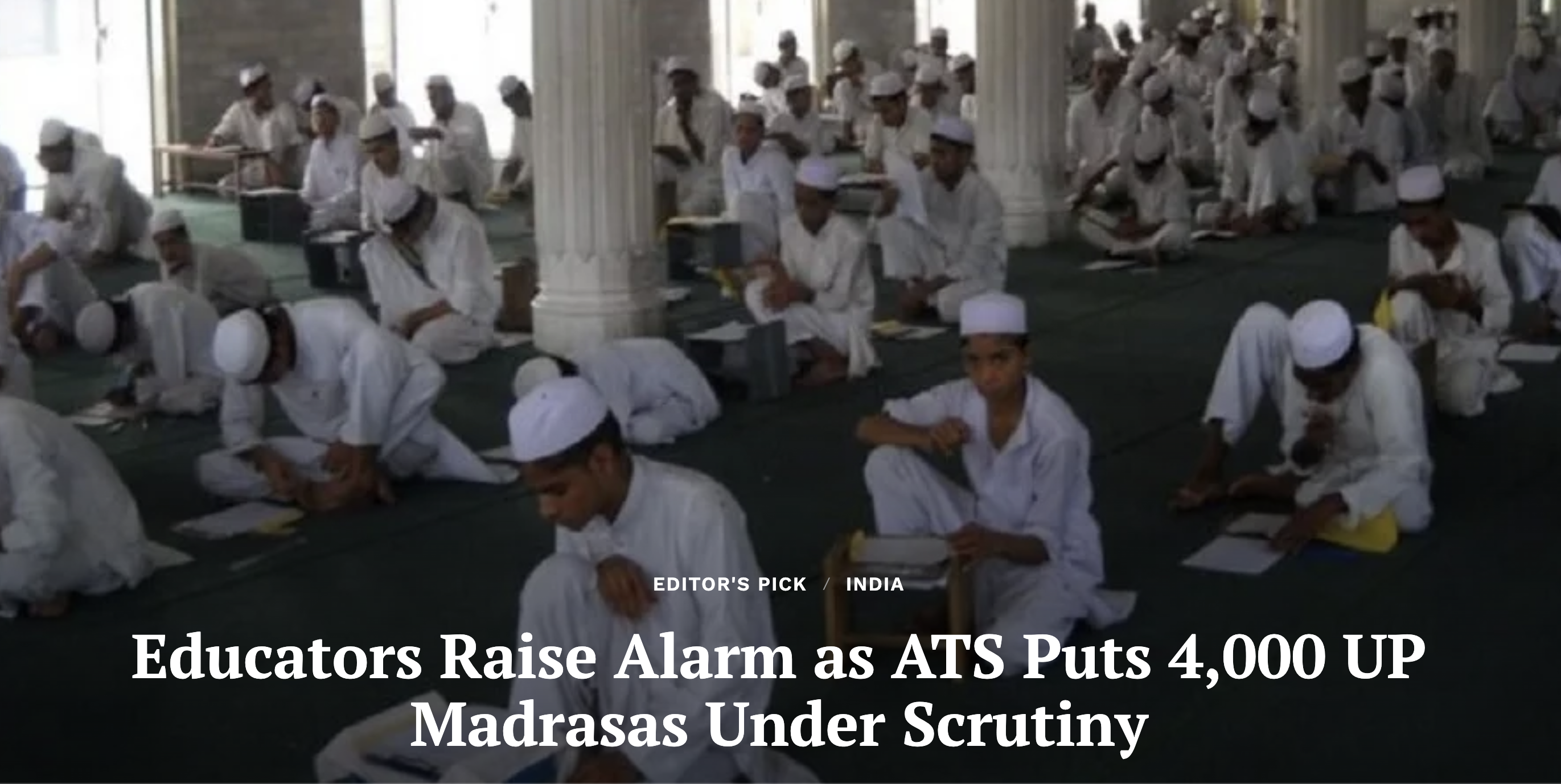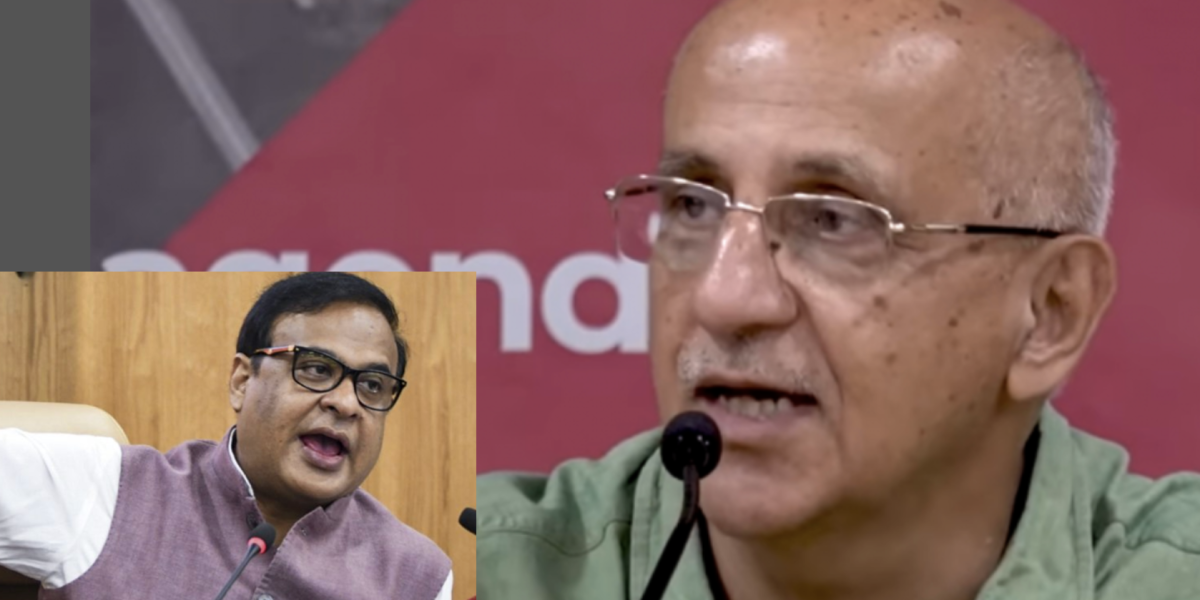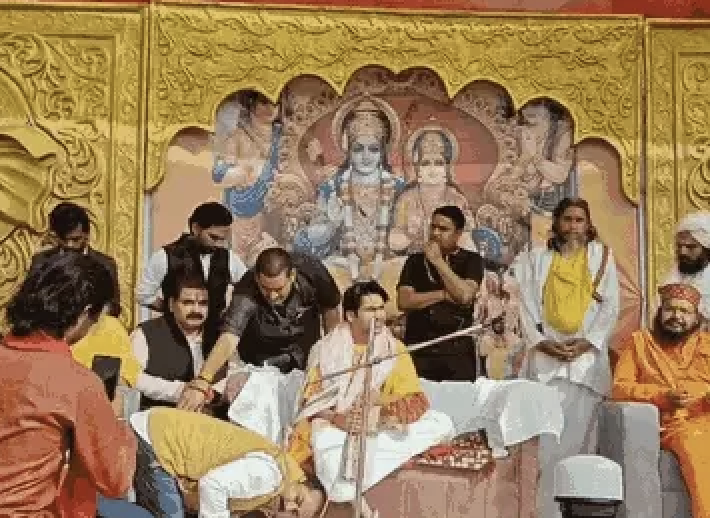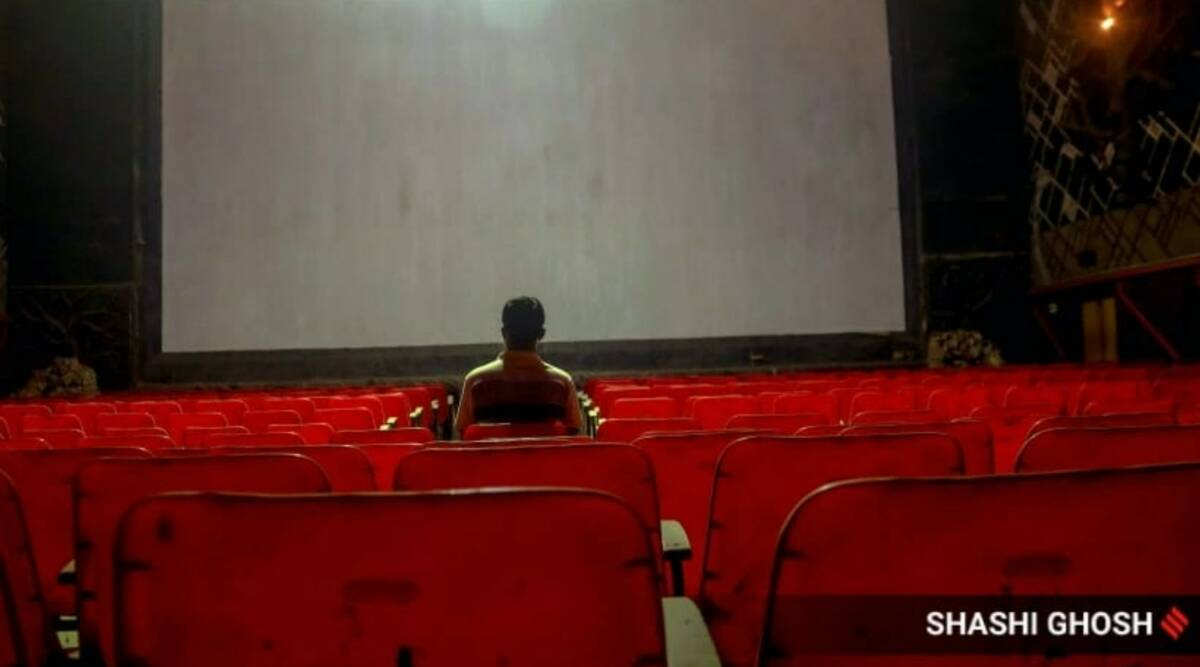
What can lead to calls for boycott of Bollywood films today? An actor’s opinion about the country’s situation or a frivolous joke on Koffee with Karan? An apparent use of one’s privilege, an out of context movie scene or — bizarrely even– a tweet? The Hindi film industry, which is struggling with poor box office results against an unprecedented negative wave, Laal Singh Chaddha and Raksha Bandhan being the recent examples, knows the answer: Everything.
Artistes are not new to backlash. Movie stars and influential filmmakers have often found themselves in the middle of the storm, but seldom has the displeasure cemented into a systemic hate against the entire film industry, the way it stands today.
This year, in particular, has been rough on the industry as it not only saw the crushing failure of almost all its biggies, but also remained a mute spectator to the social media boycott trends against most of its major films: From Aamir Khan’s Laal Singh Chaddha, Alia Bhatt’s Gangubai Kathiawadi, Ranbir Kapoor’s Shamshera to all three of Akshay Kumar films – Bachchhan Paandey, Samrat Prithviraj and Raksha Bandhan. Barring Gangubai Kathiawadi, all films sank without a trace, fueling the perception that boycott calls managed to transition from virtual hashtags to the real world, plummeting every film in its way to the ground.
But did they?
2020: The Hate Wave
Any understanding of what several industry insiders have called the “systemic” targeting of Bollywood in the last decade dates back to 2015, when Aamir Khan and Shah Rukh Khan came under fire for their comments on the rising intolerance in the country.
The Khans were whipped up in the political storm and faced extreme backlash from various sections. The hate, however, never dented their films. Shah Rukh managed to glide his Dilwale–which released just a month after his comments–to nearly Rs 140 cr despite poor reviews and clash with a superior film, Bajirao Mastani. The following year, Aamir headlined Dangal and broke all existing box office records, becoming one of the biggest hits of Indian cinema with nearly Rs 387 crore lifetime collection.
But industry’s course took a turn for the worse in 2020, when actor Sushant Singh Rajput was found dead at his home. His sudden demise gave birth to uncountable conspiracy theories, vicious media coverage, rampant misinformation that put members of the Hindi film industry directly under attack. They were labelled drug addicts, murderers and a cunning bunch of immoral, anti-nationals. Industry’s largely unified silence — barring a statement from the producers association (IMPPA) and a defamation suit against certain TV channels and media portals alleging malicious reportage — hurt its reputation further and was received as part arrogance, part admission of guilt.
This story was originally published in indianexpress.com . Read the full story here


